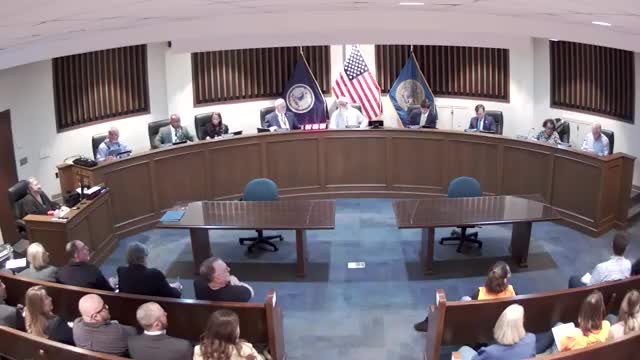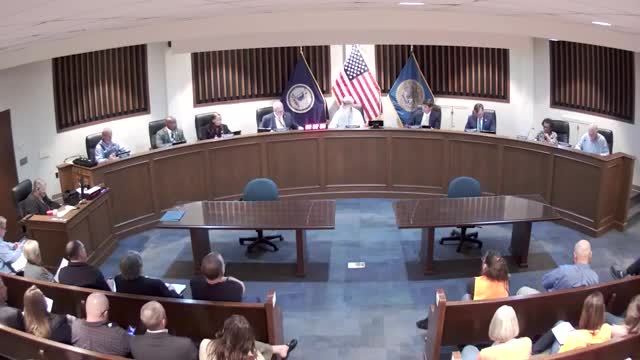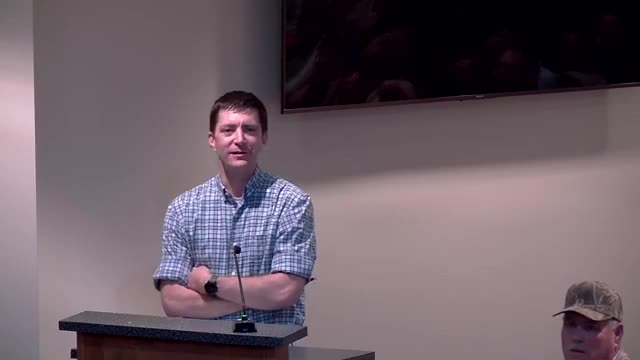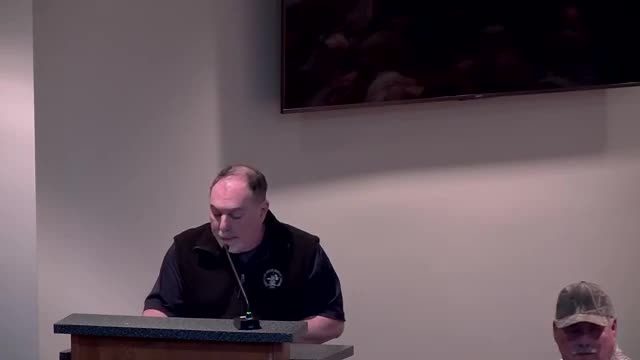Article not found
This article is no longer available. But don't worry—we've gathered other articles that discuss the same topic.

Detention center director apologizes after March escape; county says three of four recaptured

Supervisors approve ordinance change allowing commercial kennels in college‑residential district and grant special‑use permit

Prince Edward supervisors raise tire disposal fee, add late‑payment rule and end out‑of‑county VDOT waiver

